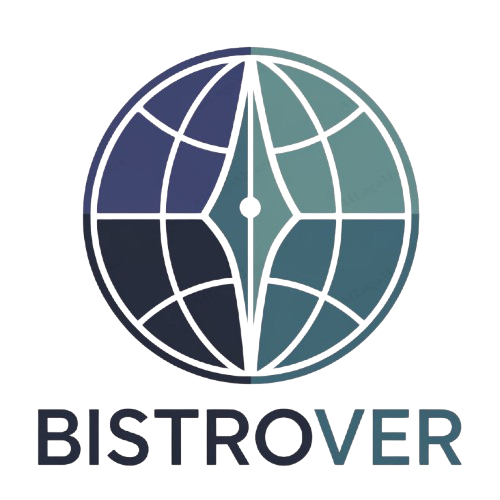Top Things You Need to Know About Traffic Violations in NYC
New York City is a bustling metropolis known for its vibrant culture, iconic landmarks, and, unfortunately, its notoriously challenging traffic. While navigating NYC’s streets can be thrilling, it’s essential to stay informed about NYC traffic violations to avoid hefty fines, points on your license, and even legal trouble. Whether you’re a resident or a visitor, understanding the rules of the road in NYC can save you time, money, and unnecessary stress.
Here’s everything you need to know about traffic violations in the Big Apple to ensure your travels remain smooth and incident-free.
1. What Constitutes a Traffic Violation in NYC?
Traffic violations in NYC encompass many offenses, from minor infractions like parking in a no-parking zone to severe violations such as speeding, running red lights, or reckless driving. It’s crucial to familiarize yourself with the city’s traffic laws, as many of these offenses can result in an NYC traffic ticket. Even small mistakes, like failing to yield to pedestrians or improper signaling, can lead to penalties. Remember, NYC’s Vision Zero initiative means stricter enforcement of traffic laws to reduce accidents and fatalities.
2. Penalties for Traffic Violations Can Add Up Quickly
Traffic violations in NYC come with various penalties, including fines, points on your driver’s license, and possible surcharges. Accumulating too many points within a specific time frame can result in the suspension of your license. For instance, speeding tickets in NYC can cost anywhere between $90 and $600, depending on how far over your driving speed limit. Additionally, there are Driver Responsibility Assessments, annual fees imposed for drivers with multiple violations or alcohol-related offenses. Paying attention to traffic laws can help you avoid the financial burden of an NYC traffic ticket.
3. Your Driving Record Matters More Than You Think
A clean driving record is more than just a source of pride—it’s a factor that affects your insurance rates and driving privileges. Traffic violations in NYC stay on your record for several years, potentially leading to higher premiums and additional scrutiny from insurance companies. If you receive an NYC traffic ticket, it’s wise to handle it promptly and consider consulting a traffic attorney for serious offenses. Ignoring or delaying payment can lead to severe consequences, including license suspension and higher fines.
4. Challenging a Traffic Ticket is Possible
If you believe you were unfairly issued a traffic ticket, you can challenge it in court. NYC’s Traffic Violations Bureau (TVB) handles non-criminal traffic offenses, and you can plead your case before an administrative law judge. While the process can be time-consuming, it’s worth it if you have evidence to prove your innocence. Hiring a skilled traffic attorney can also increase your chances of getting the ticket dismissed or reduced penalties. Understanding your rights when dealing with an NYC traffic violation is essential to protecting your driving record.
5. Stay Updated on NYC’s Evolving Traffic Laws
NYC traffic laws are continually updated to enhance road safety and accommodate changing transportation needs. For example, speed limits in certain areas have been reduced recently, and new camera systems have been installed to catch violations like speeding and running red lights. Keeping up-to-date on these changes is crucial to avoid unintentional violations. Apps and online resources can be helpful tools for staying informed about NYC’s traffic regulations.
Navigating NYC’s traffic can be daunting, but staying informed about NYC traffic violations and the associated consequences can help you avoid unnecessary headaches. From understanding common infractions to knowing how to challenge a ticket, being proactive and aware can make all the difference. Drive safely, stay alert, and follow the rules of the road to ensure your time in the city is enjoyable and trouble-free.
Also read Hdhub4u







